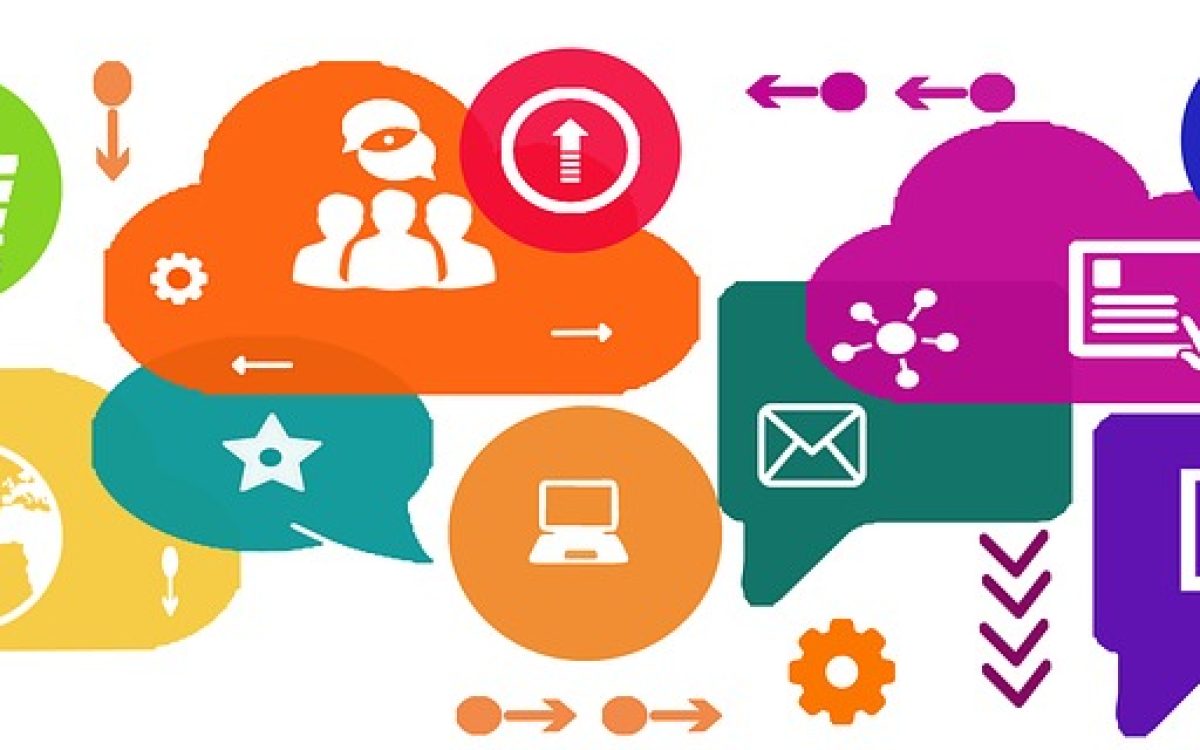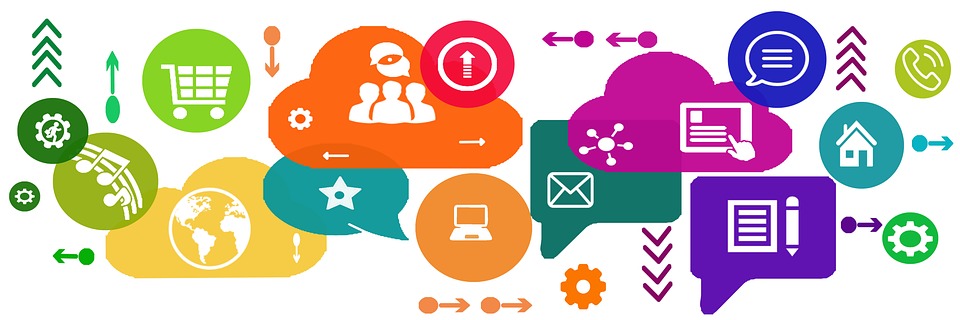The Impact of AI on Web Design
In recent years, artificial intelligence (AI) has revolutionized the way websites are designed and developed. AI technology has significantly enhanced user experience by providing personalized and interactive features that cater to individual preferences and behaviors.
Personalization
One of the key ways AI is enhancing user experience in web design is through personalization. AI algorithms analyze user data, such as browsing history, demographics, and preferences, to create personalized experiences for each visitor. This can include tailored content recommendations, product suggestions, and customized layouts that cater to the user’s specific interests.
Chatbots and Virtual Assistants
AI-powered chatbots and virtual assistants have become increasingly popular on websites as they provide real-time support and assistance to users. These intelligent bots can answer questions, provide recommendations, and guide users through the website, creating a more interactive and engaging experience.
Predictive Analytics
AI algorithms can also analyze user behavior to predict future actions and trends. By understanding how users interact with a website, designers can make data-driven decisions to optimize the user experience. This can include improving site navigation, enhancing page load times, and creating more relevant content that resonates with users.
Automated Design Tools
AI-powered design tools have made it easier for designers to create visually appealing and user-friendly websites. These tools can generate layouts, color schemes, and typography choices based on user preferences and industry trends, saving time and effort in the design process.
Conclusion
Overall, AI technology has had a profound impact on web design, enhancing user experience in ways that were previously unimaginable. By leveraging AI capabilities, designers can create websites that are more personalized, interactive, and intuitive, ultimately leading to higher user satisfaction and engagement.






